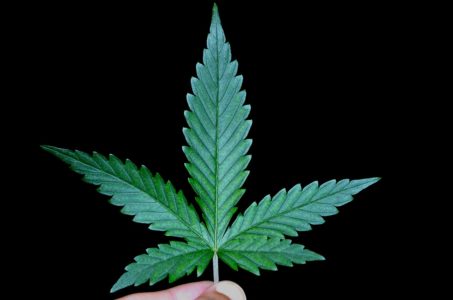With 18 states now allowing adult use, it’s time for a list of the best and worst states to move to for Black cannabis entrepreneurs. Cannabis tourism is growing and there’s a need for companies to fill in the gaps where they’re lacking.
There aren’t enough cannabis friendly vacation rentals, tours, hangouts or museums in many of the states where cannabis has been legalized for recreational use.
Each state has its own rules, of course, like Colorado, who has cannabis friendly, or at least tolerant, rental housing. New York City allows public cannabis consumption. California is known for its perfectly suited environment for growing outdoor cannabis. But which states are the best (and worst) to move to for Black cannabis entrepreneurs? Find the list below.
Best: Colorado

Even though Colorado was not the first state to legalize recreational cannabis, it spearheaded the movement toward dispensary sales and cannabis-centric tourism.
Private paired and infused dinners, networking events for cannabis geared businesses and even co-working spaces for newly formed cannabis companies make Colorado a great place for to move to for Black cannabis entrepreneurs and freedom seekers alike.
Worst: Idaho

With a policy like the state of Idaho where, “It is illegal for any person to manufacture, deliver, possess with intent to manufacture or deliver, or possess marijuana, which refers to all parts of the plants of the genus cannabis, including or any preparation of cannabis which contains tetrahydrocannabinol.
It is illegal to publically use or be under the influence of marijuana,” there’s no doubt it is the worst place in the U.S. to move to in order to experience cannabis freedom and entrepreneurship.
Best: Alaska

Alaska is the last frontier, which means there’s opportunity in every aspect here. Alaska legalized recreational cannabis almost eight years ago and while there are dispensaries, the market is not over-saturated.
While the entry cost associated with opening a dispensary can be over a million dollars, there’s plenty of opportunity for new ancillary businesses. Businesses around cannabis tourism, including lodging and activities, are lacking in Alaska as well.
Though the growing season is short, it is long enough to create a dank outdoor home grow with auto-flowering, or ruderalis clones or seeds.
Worst: Nebraska

Nebraska has decriminalized the possession of small amounts of cannabis, but the buck stops there. A fine of $300 is assessed for possession of up to one ounce.
Needless to say, neither legal, nor medicinal cannabis is legal in the state. Any sale of cannabis is a felony and has a mandatory jail sentence.
According to Ballotopedia, “The Nebraska Marijuana Legalization Initiative may appear on the ballot in Nebraska as an initiated constitutional amendment on November 8, 2022. The initiative would amend the Nebraska Constitution to legalize the use of marijuana for recreational purposes.”
Best: California

According to the latest from NORML, “Adult-use sales generated the greatest amount of revenue in California ($1.3 billion),” therefore it is tempting to move to California for a shot at cannabis entrepreneurship. It is a good temptation too.
There’s still plenty of room in California’s cannabis industry for growth. The laid back, chill attitude of most Californians make cannabis consumption feel like it has been normalized and legal for generations.
California is also known for cannabis cups, or competitions. Cannabis Cups are equivalent to going to the State Fair. Find vendors, food, rides, concerts, even a petting zoo at one High Times Cup. These events are promising for both sides; the freedom seeker and the entrepreneur.
Worst: Arkansas

Labeled as one of the worst states for entrepreneurs on Forbes, Arkansas’ cannabis laws are not conducive for success in the cannabis sector.
It is true that medical cannabis is legal in Arkansas. However, patients cannot cultivate their own plants, are not allowed to consume cannabis in any public setting, and must submit paperwork to the state’s corresponding government agency. So, even freedom to use cannabis is severely limited.





